How wealth impacts college admissions
Affirmative action for race may be over, but a study suggests it still exists for the children of wealthy families

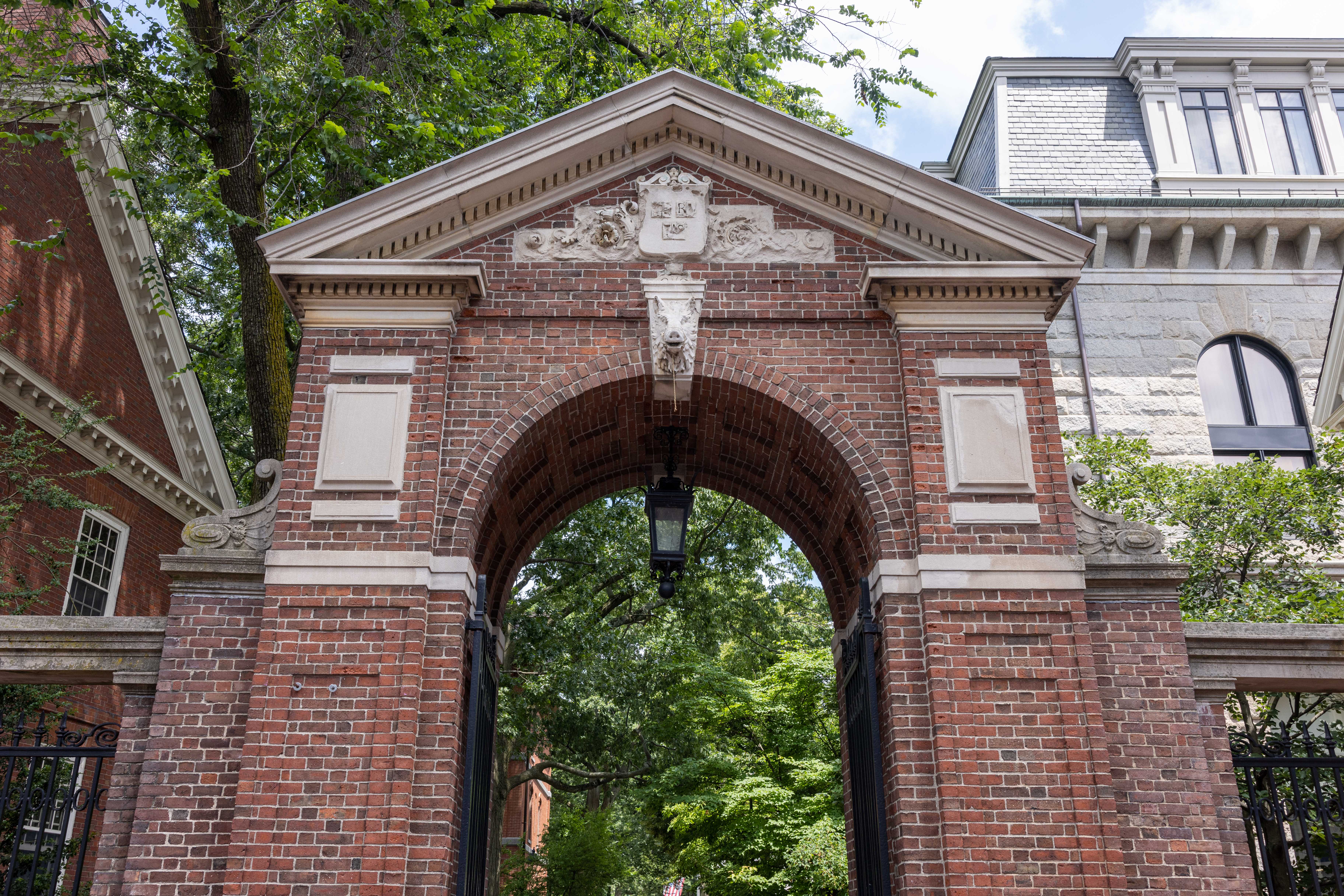
A free daily email with the biggest news stories of the day – and the best features from TheWeek.com
You are now subscribed
Your newsletter sign-up was successful
College admissions have taken center stage as legal battles are waged to change how some of America's most elite colleges build their student bodies. And the U.S. Department of Education has launched a civil rights investigation into Harvard University's legacy admissions policy that benefits relatives of alums.
The DOE's Office for Civil Rights started an investigation after a complaint was filed by advocacy groups challenging Harvard's long-standing practice of favoring legacy applicants. The complaint came just days after the Supreme Court ruled in June that using race-based affirmative action in college admissions is unconstitutional. The complaint alleges that the university grants "special preference in its admissions process to hundreds of mostly white students — not because of anything they have accomplished but rather solely because of who their relatives are."
A recent study affirms that some of the most elite colleges have admissions policies that favor wealthy students. The findings show that the policies amount to "affirmative action for the children of the 1 percent, whose parents earn more than $611,000 a year," The New York Times reported. The study shows that wealthy students are more likely to be admitted into the country's best institutions even when they have similar test scores to less affluent students.
The Week
Escape your echo chamber. Get the facts behind the news, plus analysis from multiple perspectives.

Sign up for The Week's Free Newsletters
From our morning news briefing to a weekly Good News Newsletter, get the best of The Week delivered directly to your inbox.
From our morning news briefing to a weekly Good News Newsletter, get the best of The Week delivered directly to your inbox.
How the wealthy get a leg up
Children from more affluent backgrounds tend to have higher test scores and grades than other students due to the resources available to them. They are also more likely to apply to Ivy League schools and other competitive universities. But the study published by Opportunity Insights, a group of economists studying inequality at Harvard, shows that these aren't the only reasons they are overrepresented in the student body.
Economists Raj Chetty and David J. Deming, of Harvard University and John N. Friedman of Brown University, conducted the study and focused on data from the eight Ivy League universities, along with Duke, MIT, Stanford and the University of Chicago, together known as the Ivy Plus. They found that among applicants with the same SAT or ACT scores, the colleges favored legacy applicants and recruited athletes.
Students from private schools were given higher nonacademic ratings for factors like glowing recommendations, compelling essays and personal statements. This explains approximately 30% of the advantage kids from the wealthiest 1% have. Legacy admissions comprised 46% of their advantage, and recruiting athletes from expensive sports like fencing, tennis, rowing or lacrosse made up 24%. With these advantages, applicants from families in the top 1% were 34% more likely to be admitted than the average student, and those in the top 0.1% were more than twice as likely, independent of test scores.
What research reveals about Ivy Plus schools
The study's results reveal these colleges' critical role in shaping the country's upper echelon. Attending one of these selective schools increases a student's chance of being in the top earning bracket by 60% and "has even larger impacts on other nonmonetary measures of upper-tail success, such as attending an elite graduate school or working at a prestigious firm," the economists noted. They concluded that the schools "currently amplify the persistence of privilege across generations." Still, they can "diversify the socioeconomic backgrounds of America's leaders by changing their admissions practices."
A free daily email with the biggest news stories of the day – and the best features from TheWeek.com
Even though they only graduate less than half a percent of Americans, it's important to focus on the 12 Ivy Plus colleges when considering how to address inequality, Chetty told Annie Lowrey at The Atlantic. If you look at "people in positions of great influence," like politicians, journalists and other industry leaders, "an incredibly disproportionate number" come from those schools, he added. "To the extent those folks have a big influence on lots of other people's lives, diversifying who is in those positions matters." This demonstrates that elite colleges and universities are "worth it," as they "really are different in terms of propelling a given student into the country's ruling class," Lowrey explained. The Times called the results the "clearest picture yet of how America's elite colleges perpetuate the intergenerational transfer of wealth and opportunity."
Allison Schrager of Bloomberg believes the study perpetuates an "unhealthy obsession with the 1%" and there are more pressing issues regarding inequality in America. The issue of elite college admissions is another problem that's "too centered on the competition between the upper-middle class and the rich," she opined. If the goal is to increase social mobility and overall prosperity, Schrager added, "America should worry less about admissions to elite schools and more about K-12 education, job retraining, and making the labor market more fluid for people who didn't happen to go to the right school."
Theara Coleman has worked as a staff writer at The Week since September 2022. She frequently writes about technology, education, literature and general news. She was previously a contributing writer and assistant editor at Honeysuckle Magazine, where she covered racial politics and cannabis industry news.
-
 Political cartoons for February 15
Political cartoons for February 15Cartoons Sunday's political cartoons include political ventriloquism, Europe in the middle, and more
-
 The broken water companies failing England and Wales
The broken water companies failing England and WalesExplainer With rising bills, deteriorating river health and a lack of investment, regulators face an uphill battle to stabilise the industry
-
 A thrilling foodie city in northern Japan
A thrilling foodie city in northern JapanThe Week Recommends The food scene here is ‘unspoilt’ and ‘fun’
-
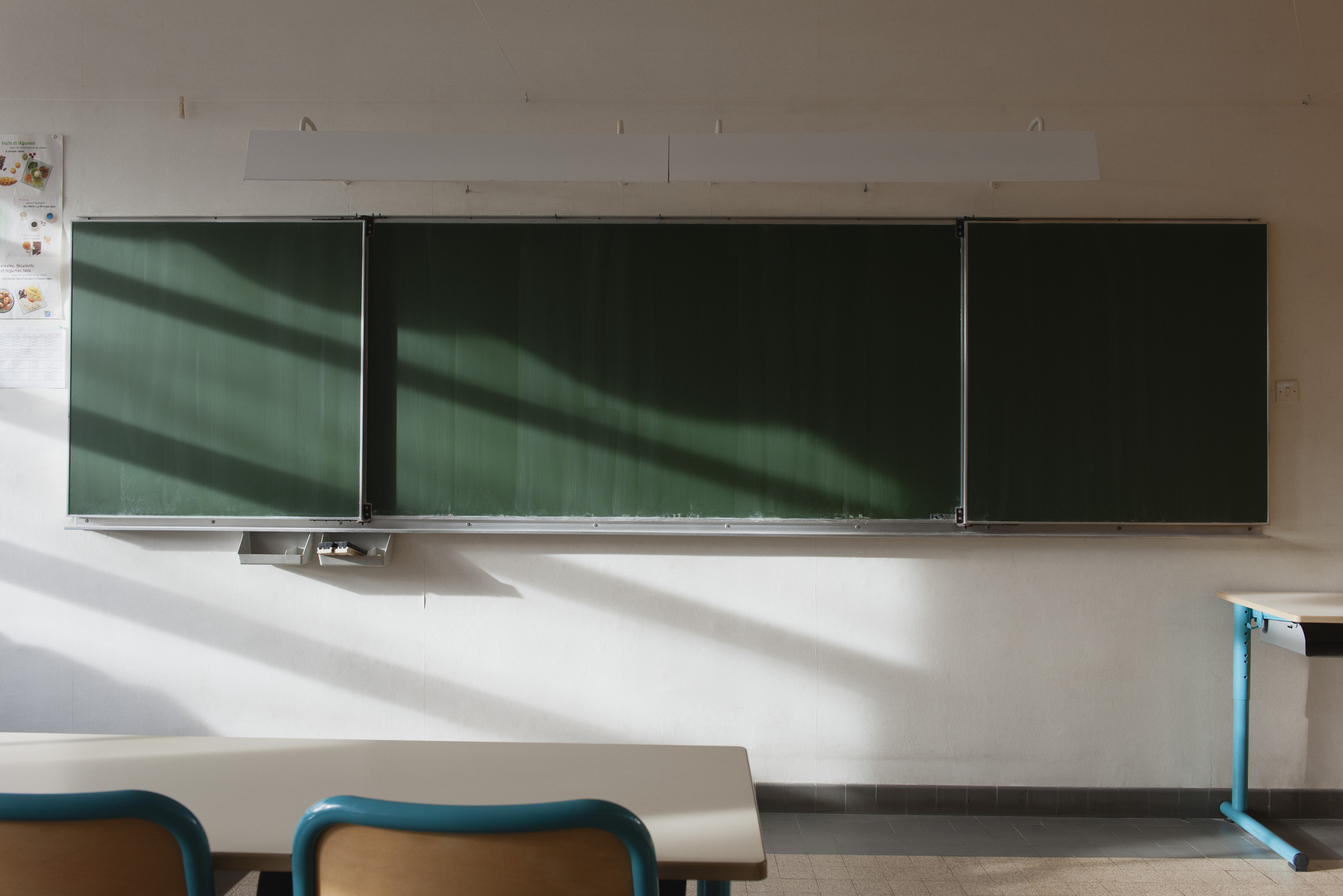 Florida educators face off with state officials over a teacher shortage
Florida educators face off with state officials over a teacher shortageSpeed Read As of mid-August, there were roughly 7,000 teaching vacancies across Florida, according to the state's teachers union. But the Florida Department of Education says differently.
-
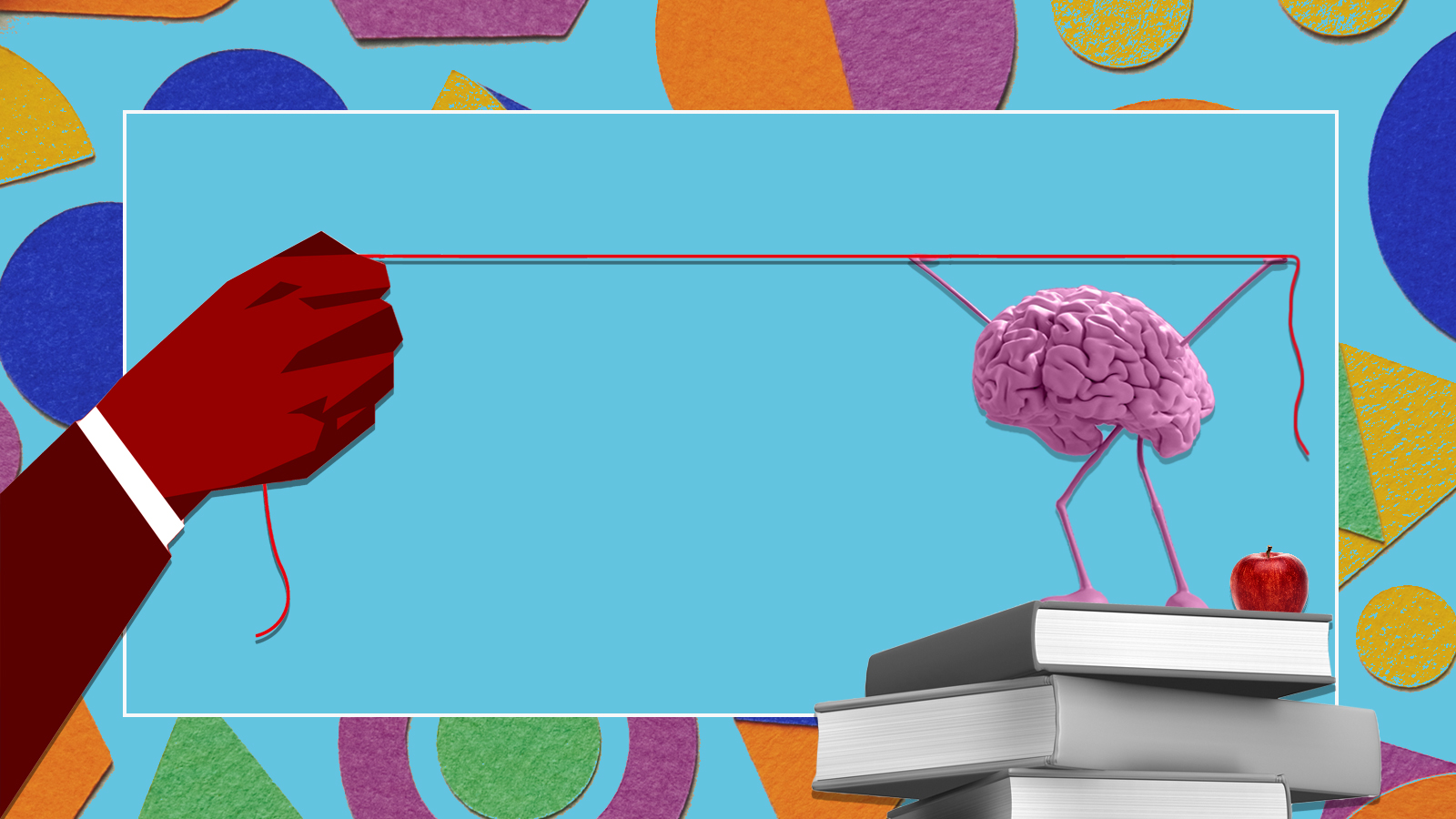 Florida schools' tug-of-war with AP Psychology
Florida schools' tug-of-war with AP PsychologyThe Explainer As the Florida school year starts, some districts remain unclear about AP Psychology's legality
-
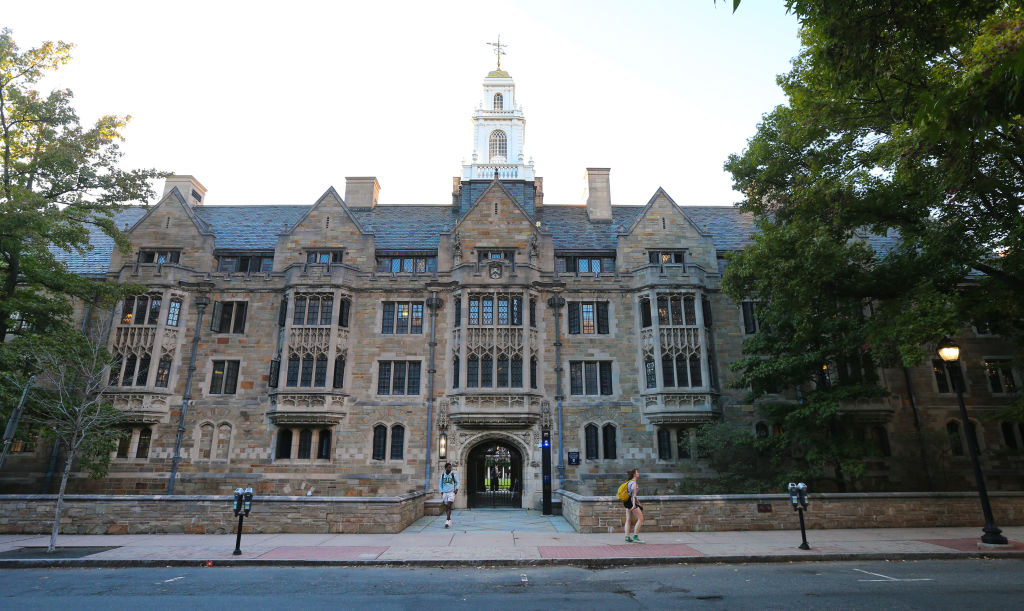 The college rankings rebellion
The college rankings rebellionSpeed Read Some of America’s top universities are rejecting the tyranny of U.S. News & World Report’s annual lists
-
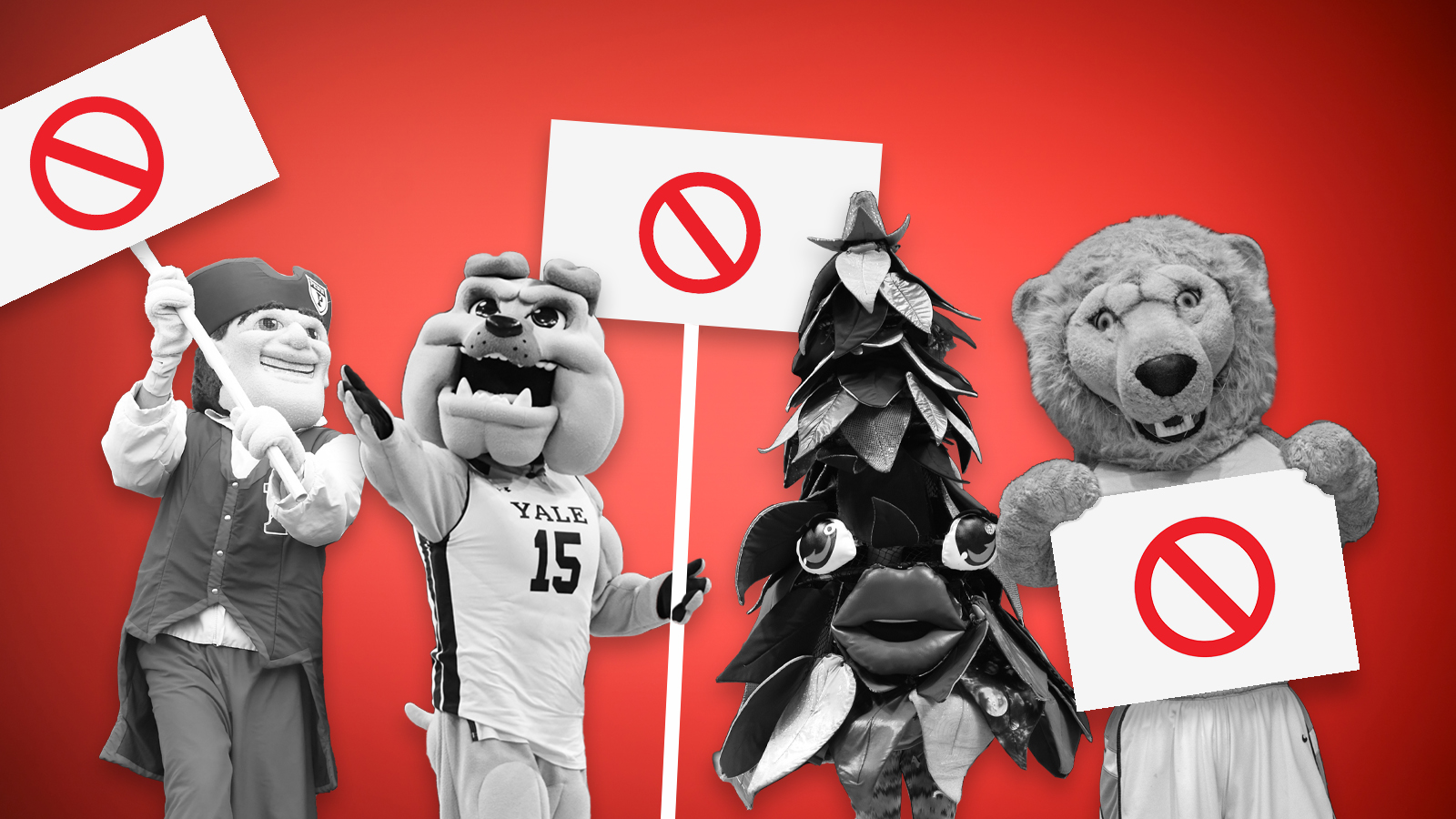 Why are grad schools boycotting the U.S. News & World Report rankings?
Why are grad schools boycotting the U.S. News & World Report rankings?Speed Read Is this the end of the college ranking system as we know it?
-
 What happened in the Los Angeles Unified School District cyberattack?
What happened in the Los Angeles Unified School District cyberattack?Speed Read It was the 50th attack on the education sector this year
-
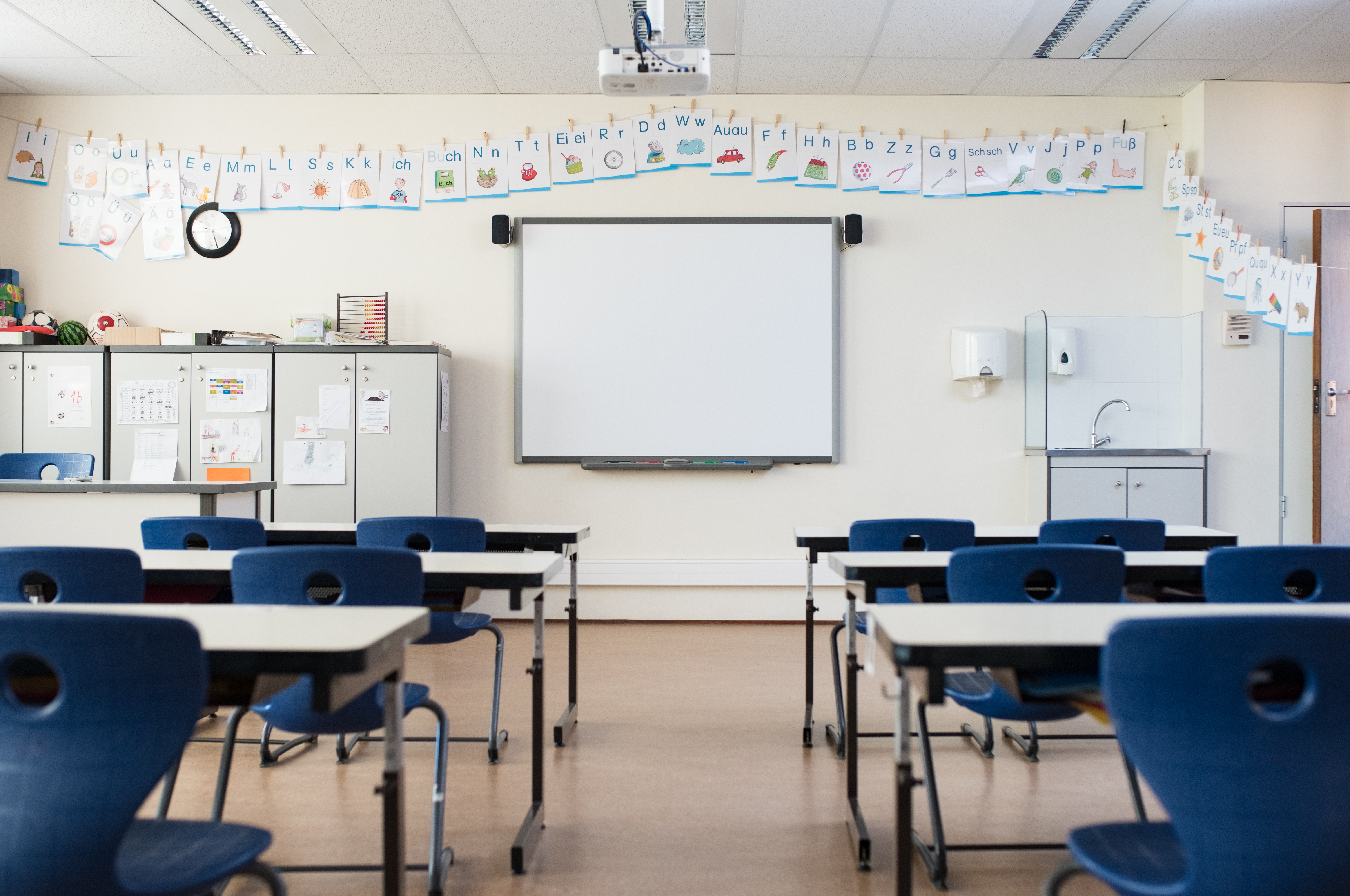 Not enough teachers
Not enough teachersSpeed Read An epidemic of teacher burnout has many school districts struggling to fill positions. Why are teachers unhappy?
-
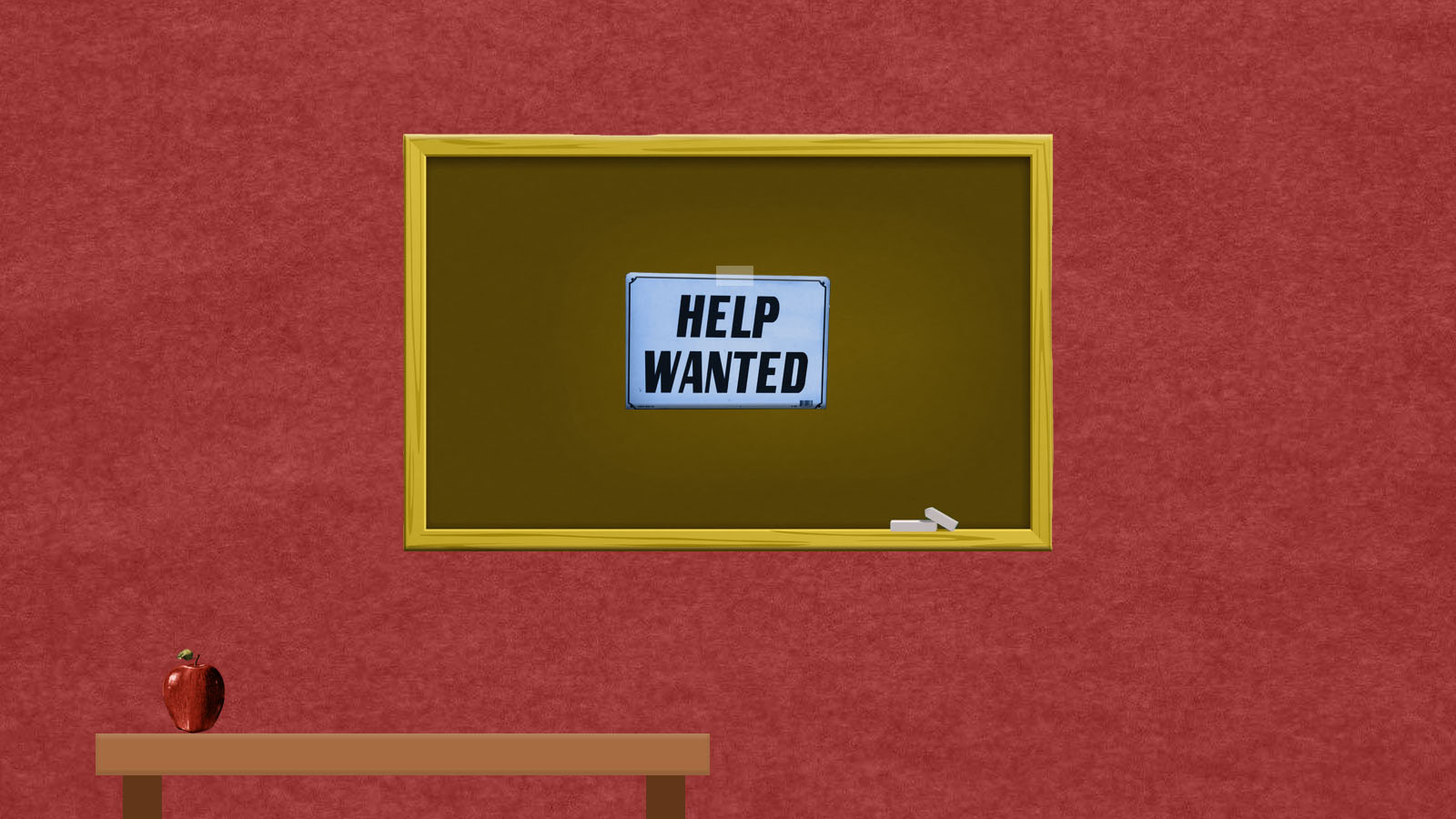 America's crushing teacher shortage
America's crushing teacher shortageSpeed Read The beginning of the school year is quickly approaching but thousands of teaching positions remain unfilled
-
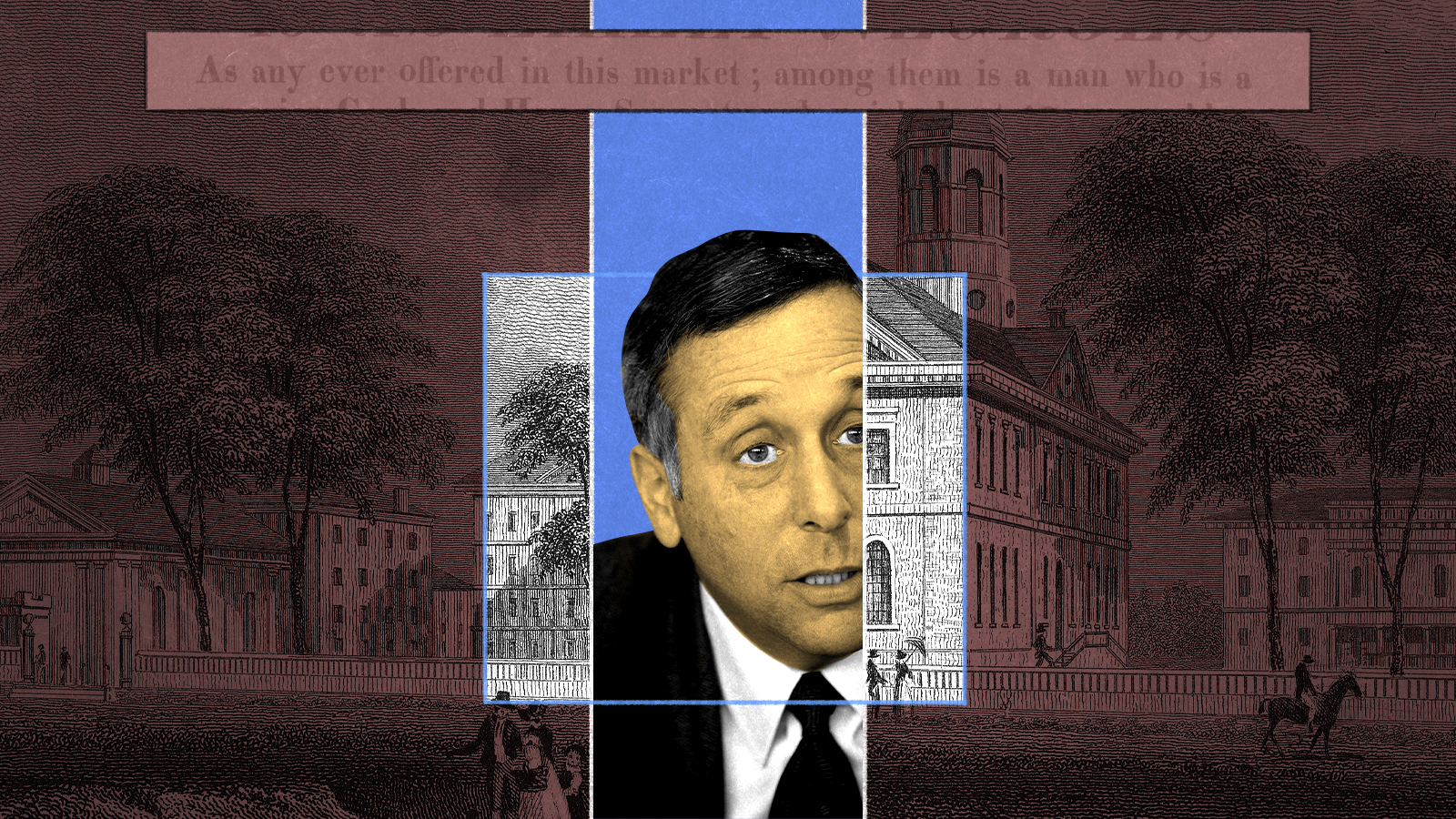 A history of slavery at Harvard University and beyond
A history of slavery at Harvard University and beyondSpeed Read The school is setting aside $100 million to redress its ties to slavery
